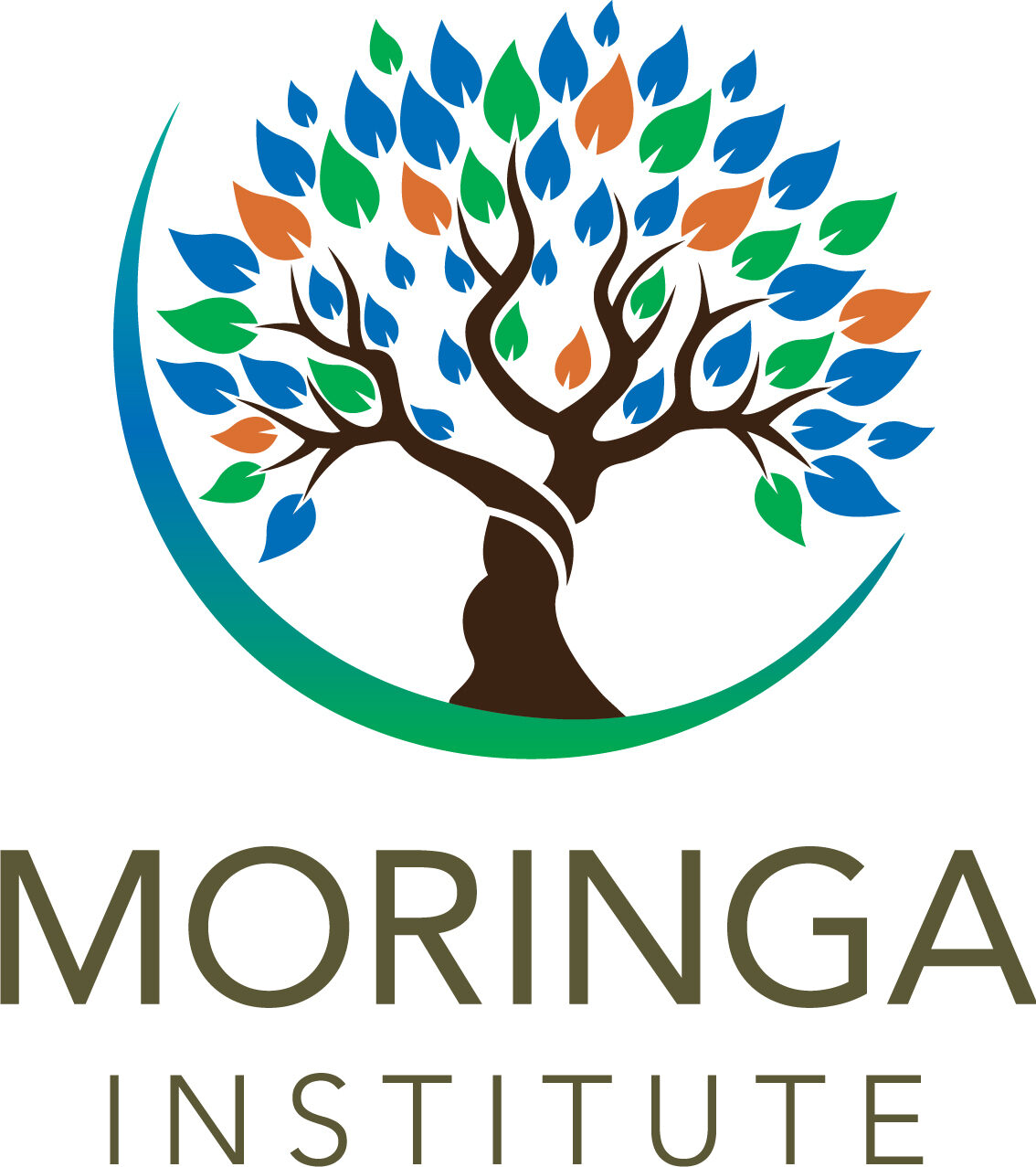Introduction to the Mandala Assessment Research Instrument (MARI): Implications for Clinical Practice
Coming Soon!
About the Session by Certified MARI Instructors:
Raquel Emdur, PsyD & Patricia J. Gonzalez, LPC, MT-BC
This introductory level session is designed to present psychologists and allied behavioral health professionals with an overview of Joan Kellogg’s Mandala Assessment Research Instrument (MARI) and discuss its implications for clinical practice. MARI practitioners are trained to analyze individuals’ mandala drawings as well as their selections of mandala designs from a set of cross-cultural representations of various archetypes. The individuals’ projected preferences are revealed through their symbol and color choices. Practitioners then associate these selections to stages within the life cycle by using Kellogg’s instrument called the “Archetypal Great Round of the Mandala”. The Great Round provides practitioners with a platform to further examine individuals’ levels of consciousness and psychological functioning abilities. Research shows that practitioners’ use of MARI in treatment has been efficacious in helping individuals increase self-awareness, recognize emotional states, identify strengths, recognize varied coping strategies, achieve a sense of psychological balance, and strengthen the therapeutic process in treatment. This program describes mandalas’ historical roots from cultures around the world, identifies the ways C. G. Jung’s work with mandalas impacted the field of psychology, discusses the ways MARI can be used as a psychotherapy intervention, and analyzes findings and implications for clinical practice.
Learning Objectives
- Describe the ways cultures from around the world use mandalas and the evidenced-based findings the practice of creating mandalas has on individuals’ physical, mental, or spiritual well-being.
- Explain Carl Jung’s perspectives regarding the ways mandalas can be used as a tool to assist individuals with the unification of their “psyche as a whole”.
- List the ways practitioners use Joan Kellogg’s Mandala Assessment Research Instrument (MARI) as an intervention to support individuals’ abilities to associate labels and meanings to unconscious and conscious material and the impact this creative process can have on their daily functioning.
- Describe populations most likely to benefit from practitioners’ use of MARI in clinical practice.
3 CE Units
APA APPROVED SPONSOR

MARI Creative Resources, Inc. granted Spectra Support Services, LLC permission to display their copyrighted materials for the purpose of introducing learners to the Mandala Assessment Research Instrument. Spectra Support Services, LLC have not received any commercial support for this program or its contents and will not receive any commercial support prior to or during this program.
